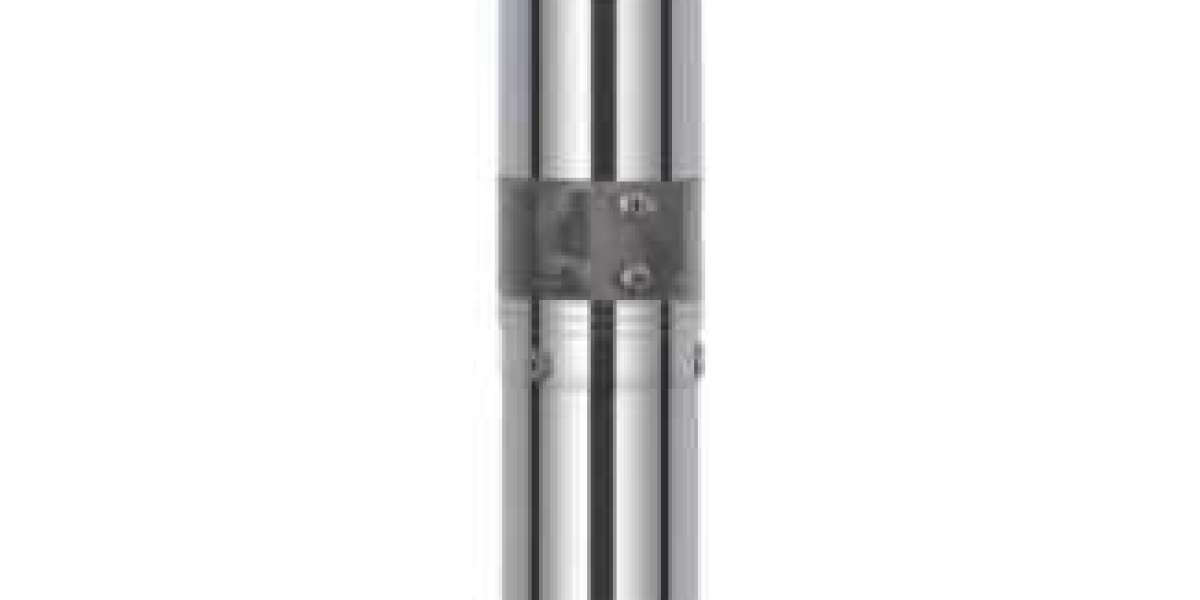The performance of the OEM solar pump is a multifaceted attribute that encompasses various factors, one of which is the choice of materials used in their construction. Materials not only determine the physical durability and longevity of the pump but also influence its efficiency, resistance to environmental factors, and overall operational stability. In this context, it is essential to understand how different materials can affect the performance of OEM solar pumps.
Firstly, the solar panels that are integral to the operation of OEM solar pumps are typically made from silicon, which is a semiconductor material. The quality of silicon used can significantly impact the efficiency of the solar panels. High-purity silicon allows for better conversion of sunlight into electricity, which in turn powers the pump more effectively. However, the purity and type of silicon can also affect the cost of the panels, with higher purity often correlating with higher prices.
In addition to silicon, the frame and mounting structure of the solar panels are also crucial. Materials such as aluminum and stainless steel are commonly used due to their strength, lightweight, and corrosion resistance. These properties are particularly important in regions where the OEM solar pumps are exposed to harsh weather conditions, including heavy rain, strong winds, and high levels of humidity. The choice of material for the frame can also affect the ease of installation and the overall aesthetics of the solar pump system.
The pump itself, which is the heart of the OEM solar pump system, is often made from materials that can withstand the constant motion and the abrasive nature of the water being pumped. Materials such as stainless steel, bronze, and certain types of plastic are used for their durability and resistance to corrosion. The choice of material for the pump can affect its lifespan, with some materials offering longer service times than others. Additionally, the material can influence the pump's efficiency, as some materials may have less frictional resistance, leading to less energy loss during operation.
The motor that drives the pump is another component where material choice plays a significant role. Brushless DC motors are often preferred for their efficiency and longevity. The materials used in the construction of these motors, including the magnets and the windings, can affect their performance. High-quality magnets can provide stronger magnetic fields, leading to more efficient motor operation, while the choice of winding material can affect the motor's resistance to heat and its overall efficiency.
Furthermore, the materials used in the electronic components of the OEM solar pump, such as the charge controller and inverter, are also critical. These components are responsible for managing the flow of electricity from the solar panels to the pump and ensuring that the system operates safely and efficiently. Materials that are resistant to heat, moisture, and other environmental factors are essential to ensure the reliability of these components.
In conclusion, the materials used in the construction of OEM solar pumps have a profound impact on their performance. From the silicon in the solar panels to the metals and plastics in the pump and motor, each material choice can affect the efficiency, durability, and overall effectiveness of the system. Manufacturers of OEM solar pumps must carefully consider these factors when designing their products to ensure that they meet the needs of their customers in terms of performance, reliability, and cost-effectiveness. By selecting the appropriate materials, OEM solar pump systems can be optimized to provide reliable and efficient water pumping solutions, even in challenging environmental conditions.








